The Dark Side of Crypto Assets
Currently, more than 20 international crypto-asset exchanges are operating in Vietnam, attracting about 20 million investors with a total transaction value of up to hundreds of billions of USD per year. However, the lack of a clear legal corridor makes this type of asset a major challenge to financial stability and national security without a strict monitoring mechanism.
Lieutenant Colonel Duong Duc Hung, Deputy Head of the Counter-Terrorism Department, Department of Internal Security, Ministry of Public Security, said that authorities have discovered a number of foreign terrorist organizations taking advantage of digital assets to infiltrate Vietnam, both openly and covertly. This puts Vietnam at risk of becoming an illegal financial transit point.
According to a report from Chainalysis - an organization specializing in blockchain data analysis, in the period from October 2021 to October 2022, the total value of cryptocurrencies flowing into Vietnam is estimated at 90.8 billion USD, of which nearly 1 billion USD is related to illegal activities such as fraud, money laundering and other violations of the law.
In addition, according to police statistics, by the end of 2024, Vietnam had prosecuted and investigated 44 cases related to money laundering. Among them, some cases were related to fraudulent appropriation of assets through cryptocurrencies, using unlicensed exchanges to transfer money abroad.
“These figures not only reflect the great interest of Vietnamese people and businesses in cryptocurrencies, but also show loopholes in the management of digital currency flows,” said Lieutenant Colonel Hung. He also pointed out that the popularity of cryptocurrency transactions without formal financial intermediaries, combined with the high rate of cash usage in the economy, has created conditions for bad actors to conceal illegal sources of money. A recent report by the State Bank of Vietnam (SBV) showed that only about 30% of financial transactions in Vietnam are conducted through the formal banking system, the rest are mainly through cash or uncontrolled channels.
Sharing the same view, Ms. Nguyen Thi Minh Tho, Deputy Director of the Anti-Money Laundering Department (SBV), emphasized that crypto assets are anonymous, decentralized and borderless, thus posing many risks related to money laundering and terrorist financing. Currently, Vietnam does not have a specific legal corridor to manage digital assets, causing the country to fall into a "gray area" in financial control.
Ms. Tho also said that many countries have requested Vietnam to build a legal framework to control money laundering and terrorist financing. Vietnam being put on the “gray” list for money laundering forces us to quickly implement effective management measures, in which the Law on Industry and Digital Technology is expected to create important progress.
Adding his opinion, Mr. Tran Huyen Dinh, Chairman of the Fintech Application Committee, Vietnam Blockchain Association, stated that Vietnam does not have a transaction monitoring system or a KYC/AML (know your customer and anti-money laundering) compliance mechanism. This is one of the reasons why Vietnam was placed on the “gray” list of the Financial Action Task Force (FATF) in 2023, and at the same time, many financial frauds have appeared in the domestic market.
Dinh also mentioned the limited cooperation between exchanges and authorities. “In 2024, ChainTracer, our on-chain fraud tracking program, received many reports of fraud. However, although we contacted exchanges to coordinate investigations, most of them refused to cooperate, even when requested by the police,” Dinh shared.
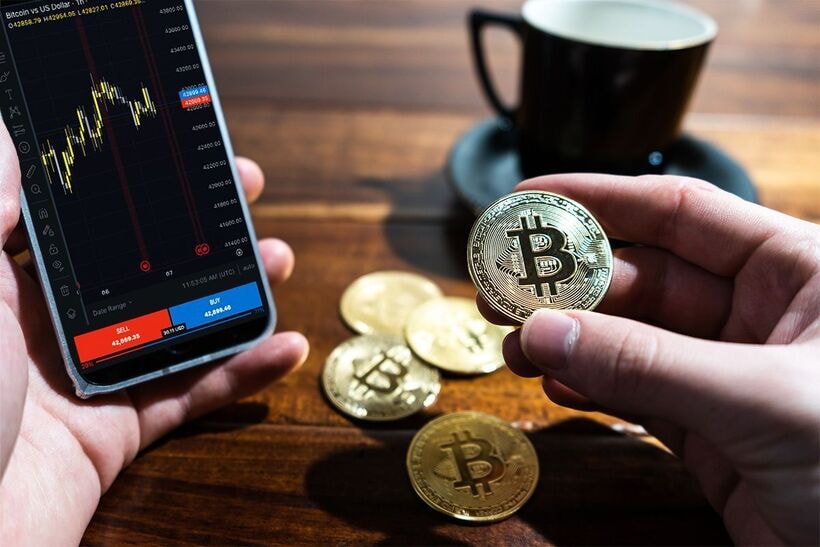
Trading limits on centralized exchanges
Valuation of crypto assets is still quite new, accompanied by many risks and challenges. Ms. Doan Mai Hanh, Senior Director of Trading and Financial Markets at Techcom Securities Company (TCBS), recommends carefully selecting crypto assets before providing them to customers.
Currently, major exchanges in the world such as Binance support more than 400 cryptocurrencies, while Coinbase has over 200. However, TCBS representative suggested that Vietnam should pilot with certain cryptocurrencies, prioritizing assets with high value, good liquidity and widely recognized in the international market.
Adding to this view, a representative of the State Bank of Vietnam (SBV) said that the agency had participated in providing comments during the drafting of the pilot resolution on crypto-asset exchanges. One of the important requirements is that exchanges must apply measures to prevent money laundering and terrorist financing. This includes verifying customer identities, reporting suspicious transactions, storing information, and providing data to regulatory agencies when necessary.
Sharing the same view, Lieutenant Colonel Duong Duc Hung emphasized the need for a clear and comprehensive legal framework that stipulates the legal responsibilities of trading floors in anti-money laundering. He also proposed establishing an interdisciplinary working group to monitor suspicious transactions related to cryptocurrencies, while applying advanced technology in tracking and tracing money flows. In addition, it is necessary to build a centralized monitoring system managed by the Ministry of Public Security or the State Bank to strictly control crypto-asset transactions.
Previously, a representative of the State Securities Commission (Ministry of Finance) said that in the draft Resolution submitted to the Government, this agency proposed to pilot on a limited scale in the first phase. This will give authorities time to research and develop appropriate policies to effectively manage cryptocurrencies.
In addition, the Ministry of Finance, the Ministry of Public Security and the State Bank are also proposed to coordinate in managing crypto-asset exchanges to minimize risks to financial security.
Regarding the exchange model, the Vietnam Blockchain Association believes that Vietnam should pilot a centralized exchange model. This will help identify and control the underground economy related to crypto assets.
“Currently, hundreds of billions of dollars are traded, but it is not clear which money flows are legal and which are illegal. The pilot implementation of a centralized exchange will help Vietnam increase transparency, comply with international standards and gradually escape the FATF's gray list of anti-money laundering (AML),” said Mr. Dinh.
Source: https://baodaknong.vn/hoan-thien-khung-phap-ly-cho-tai-san-ma-hoa-kiem-soat-chat-che-nguy-co-rua-tien-247537.html


![[UPDATE] April 30th parade rehearsal on Le Duan street in front of Independence Palace](https://vstatic.vietnam.vn/vietnam/resource/IMAGE/2025/4/18/8f2604c6bc5648d4b918bd6867d08396)

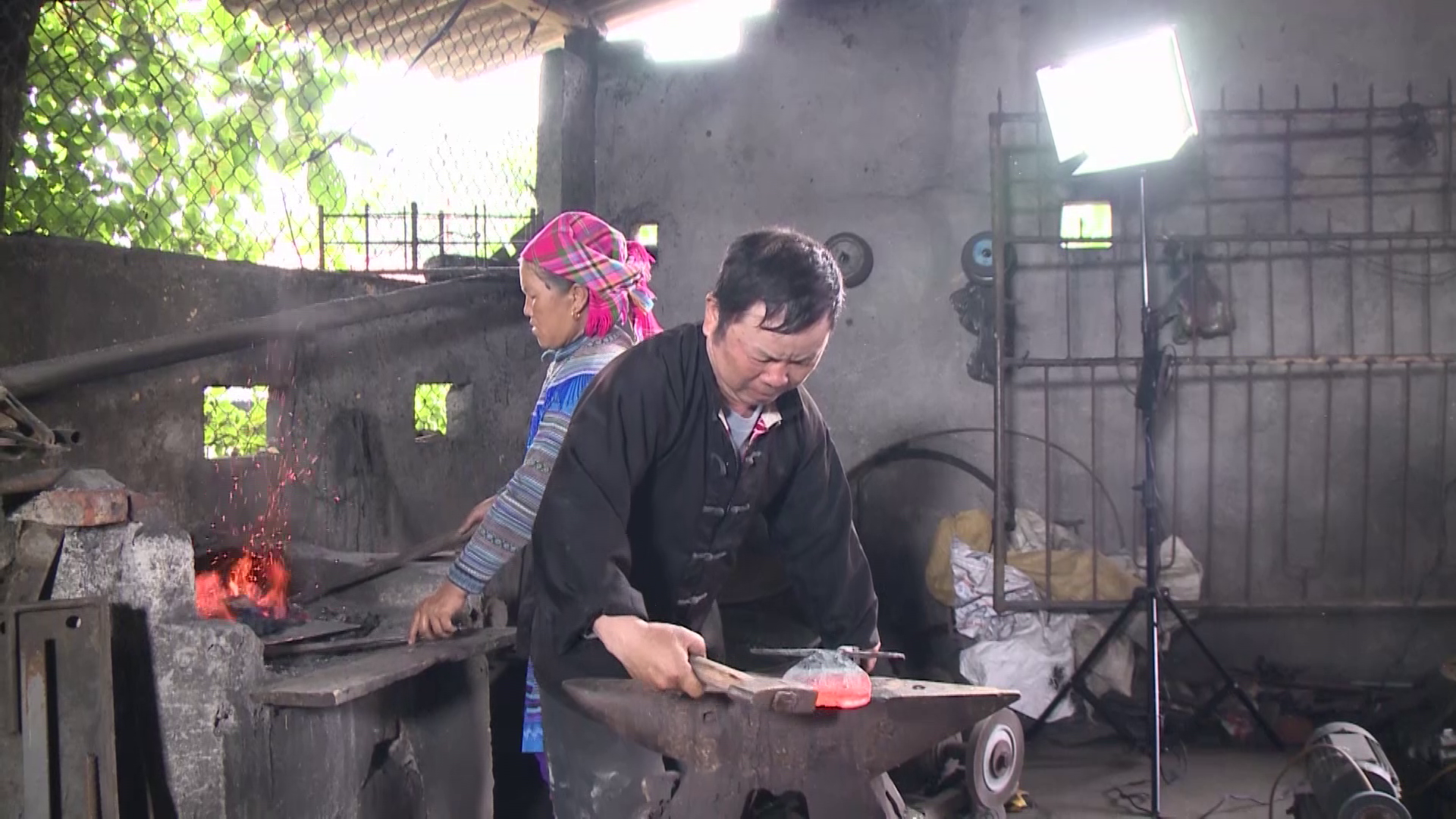


![[Photo] Prime Minister Pham Minh Chinh receives Mr. Jefferey Perlman, CEO of Warburg Pincus Group (USA)](https://vstatic.vietnam.vn/vietnam/resource/IMAGE/2025/4/18/c37781eeb50342f09d8fe6841db2426c)
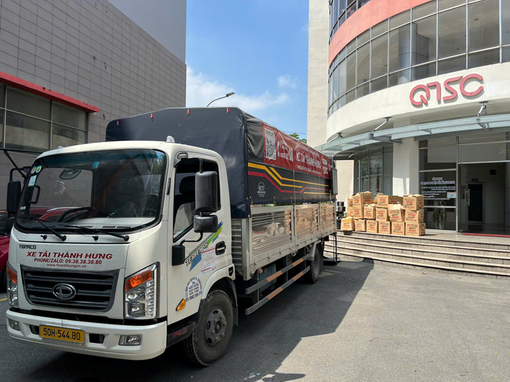
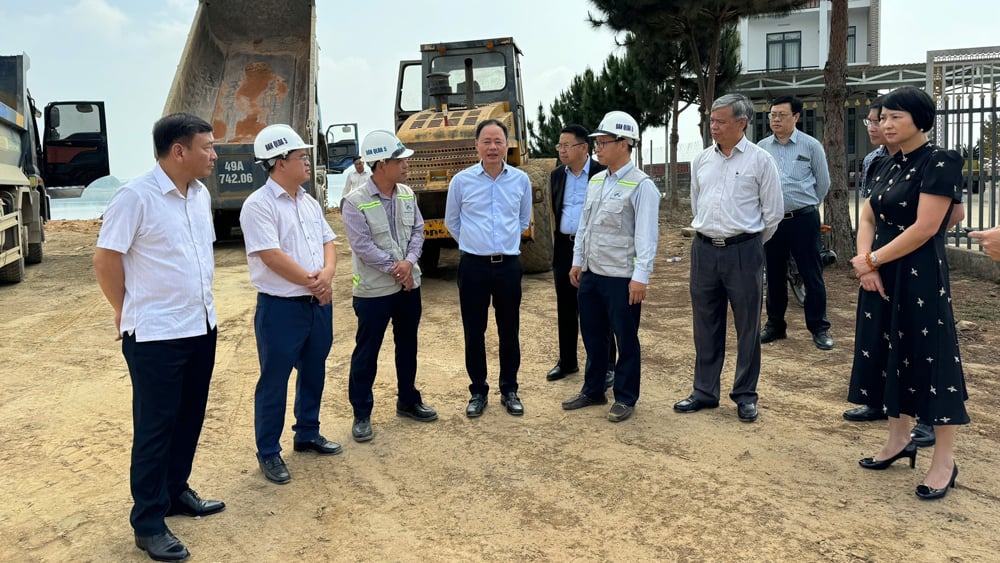
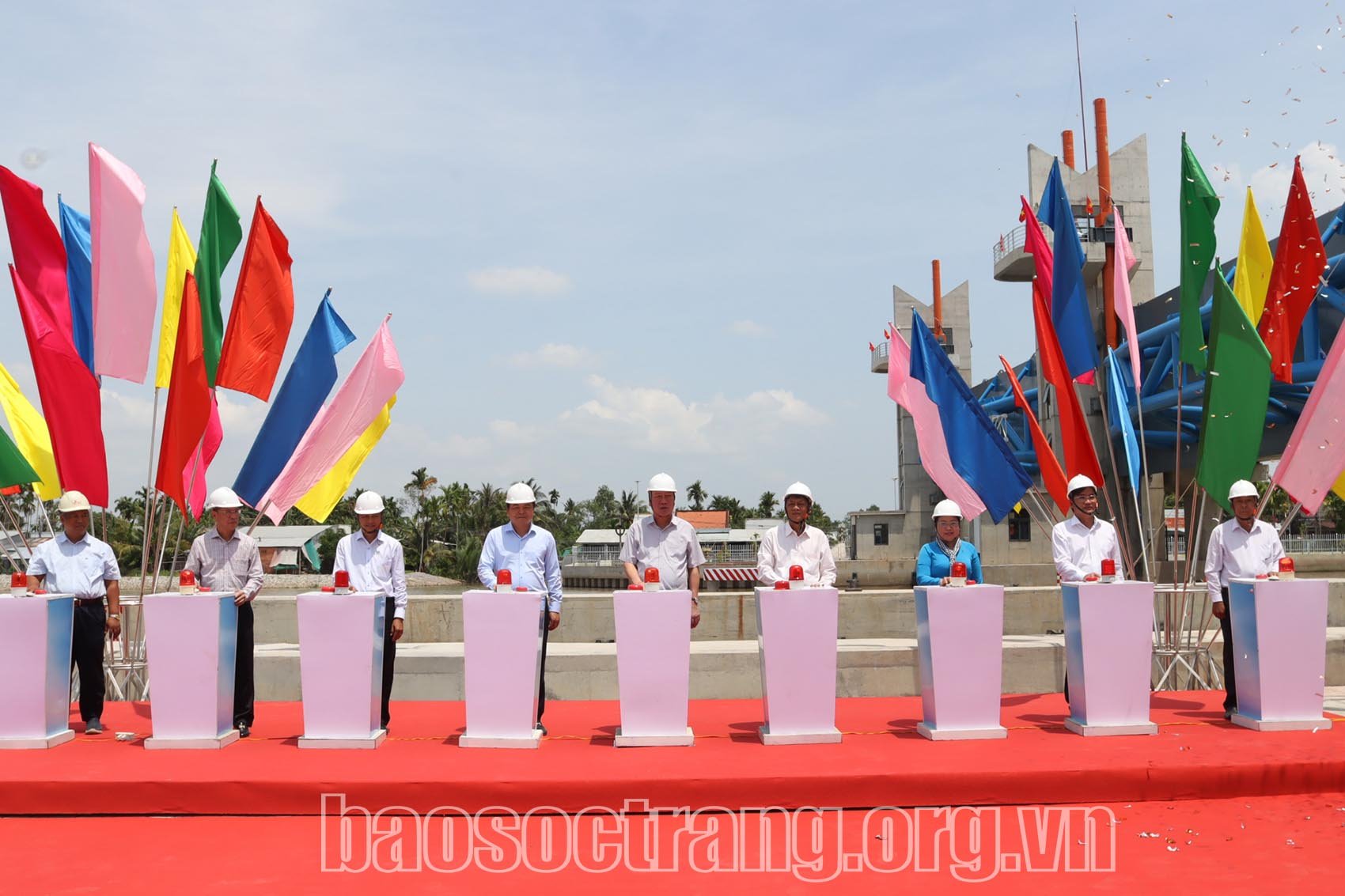


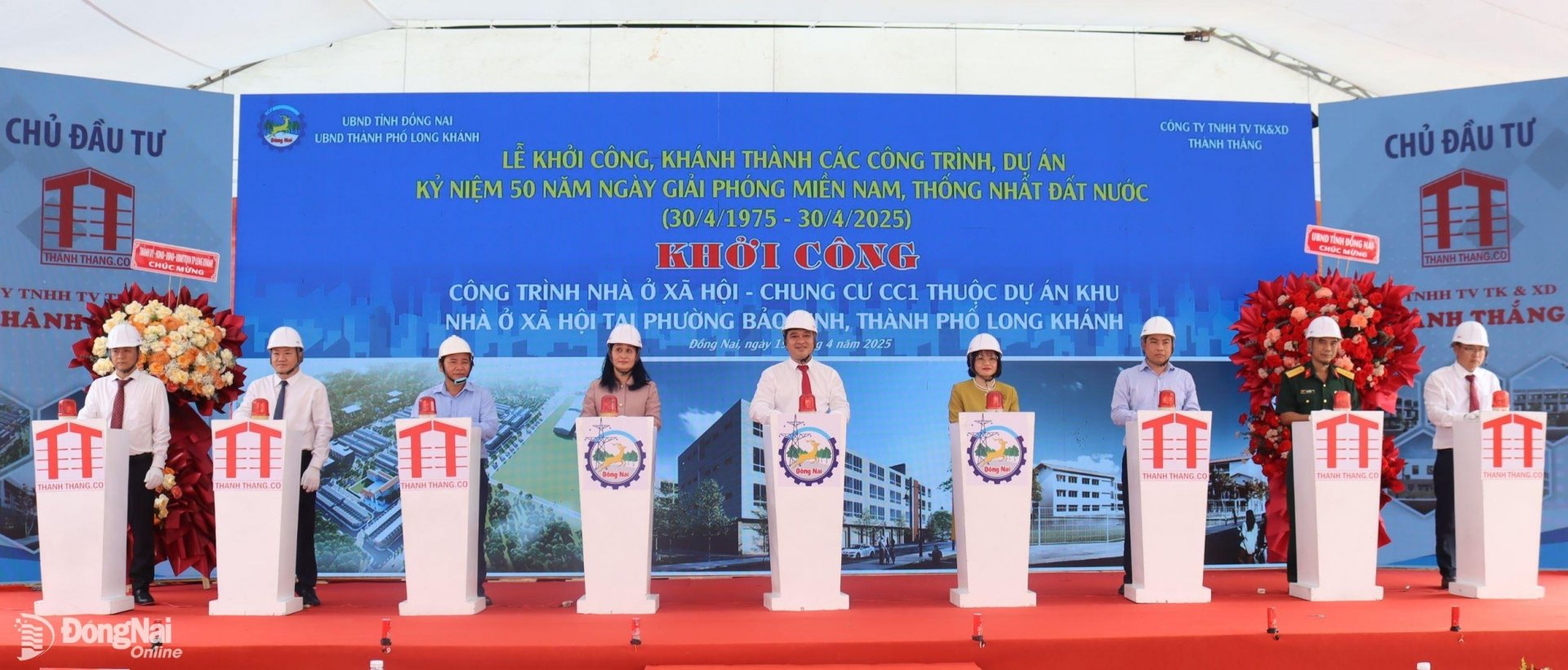




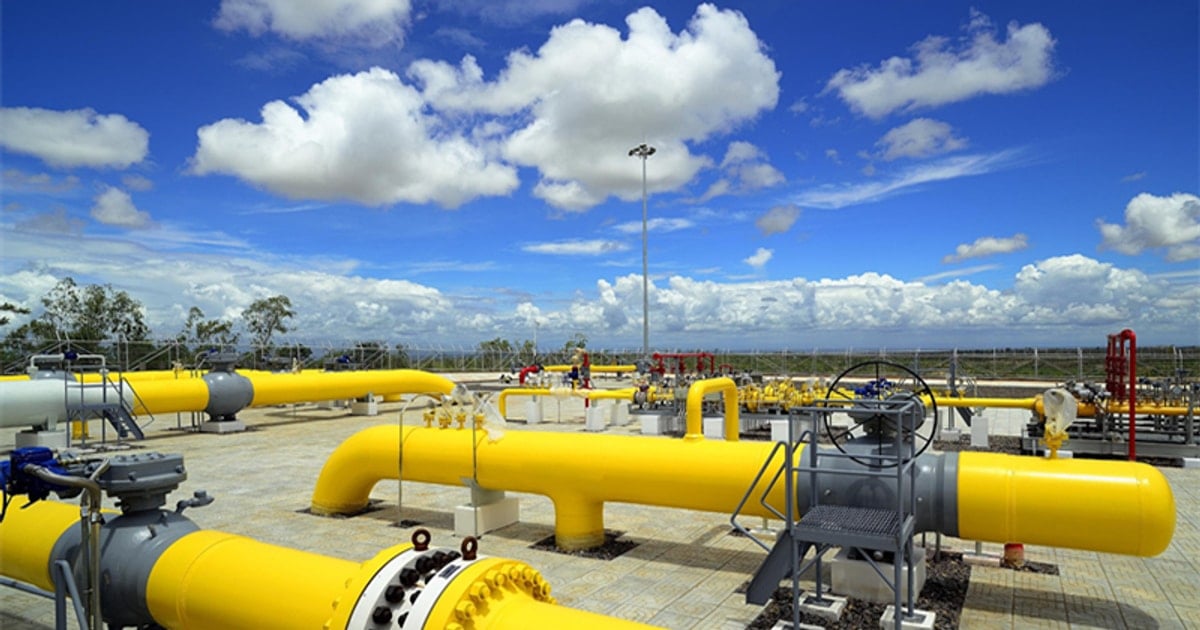
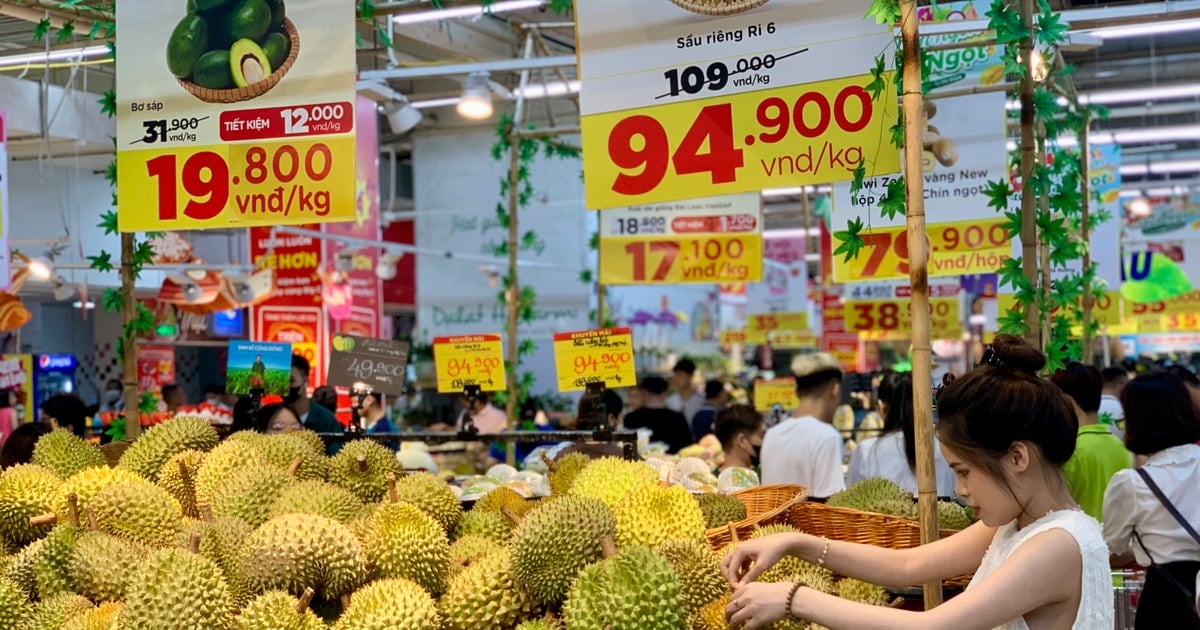
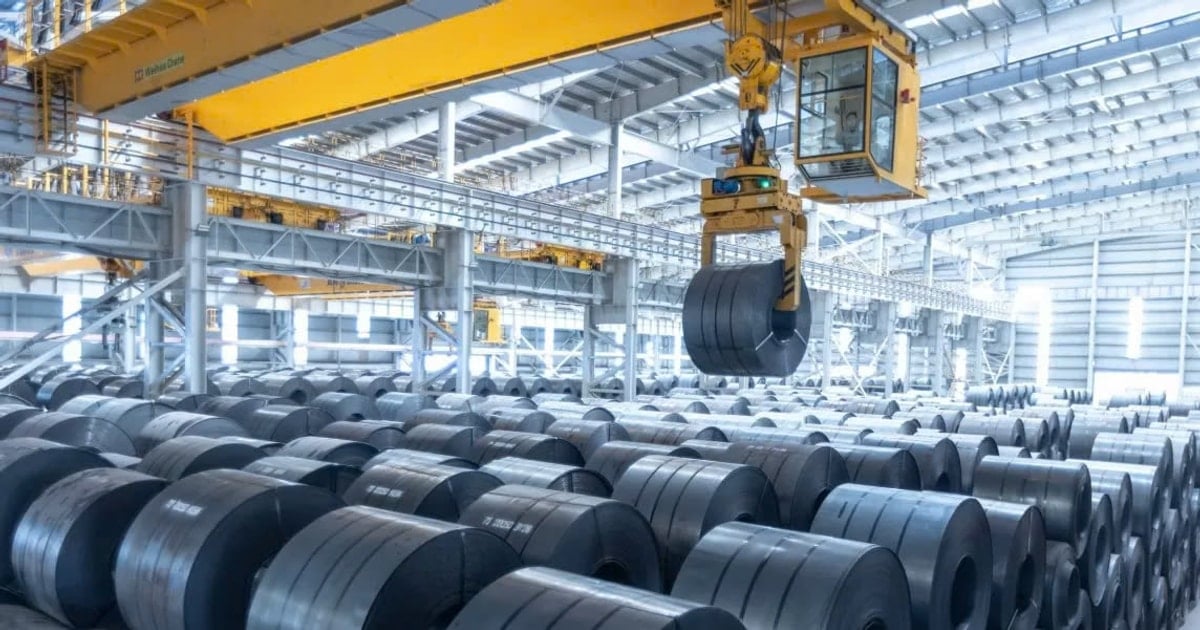





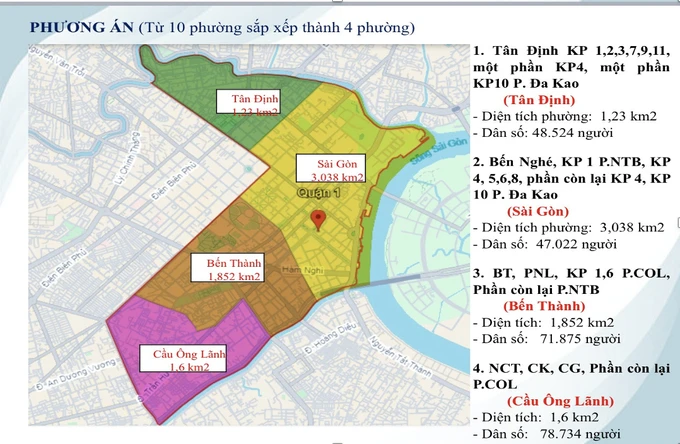





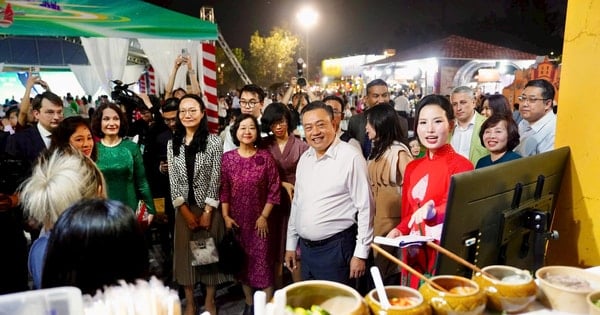

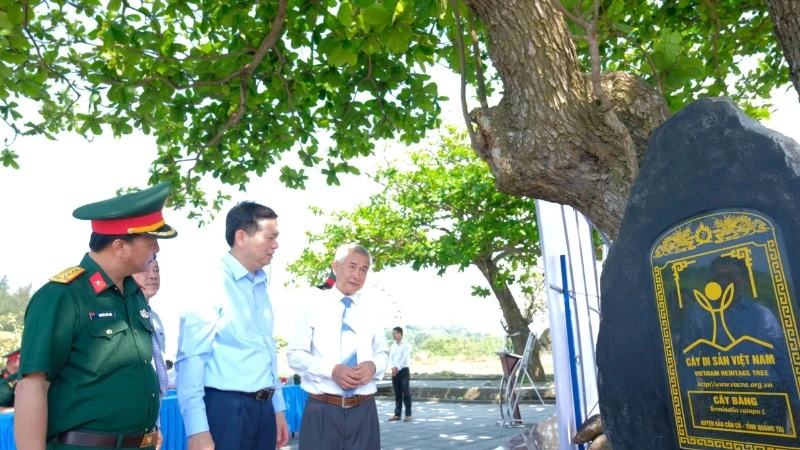


























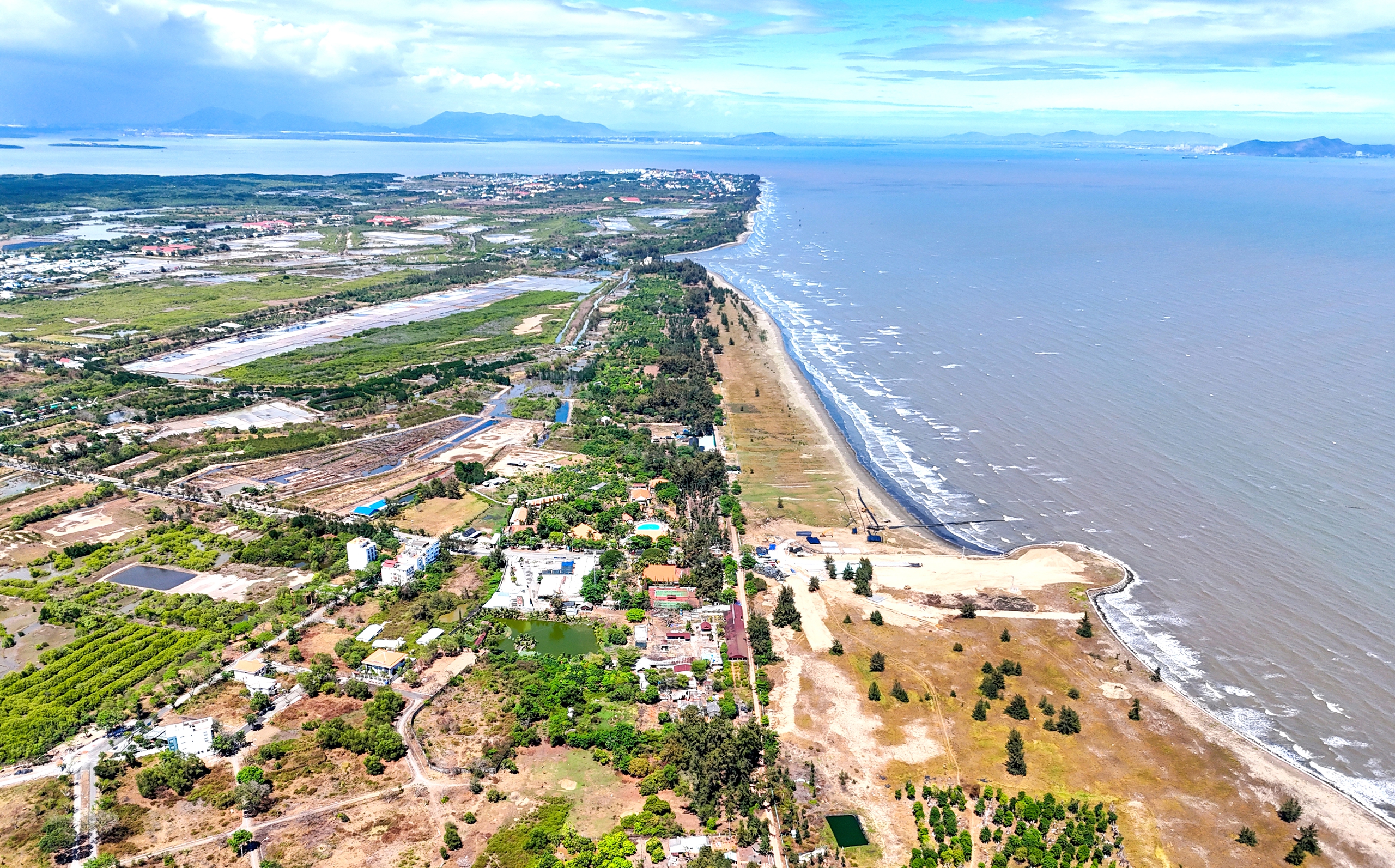









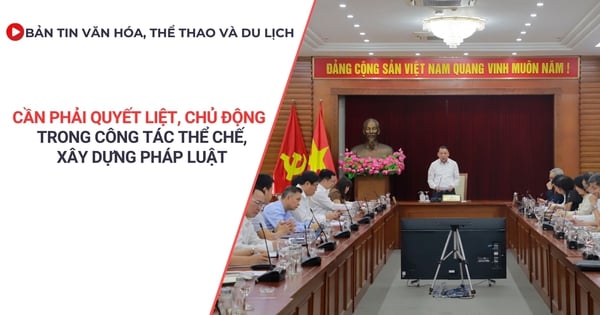






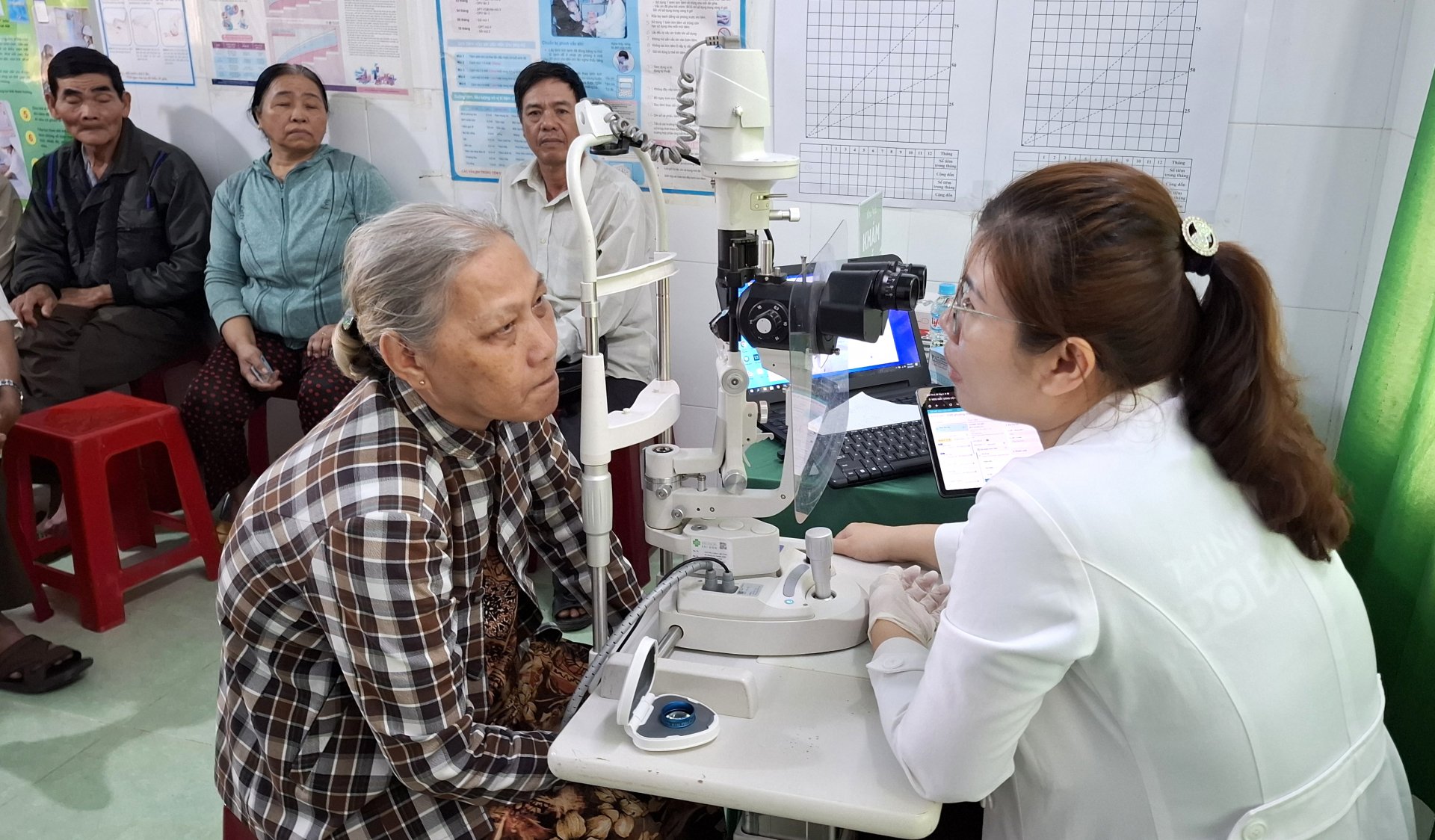

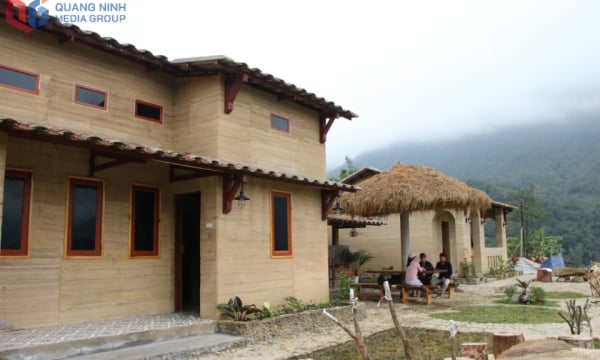












Comment (0)